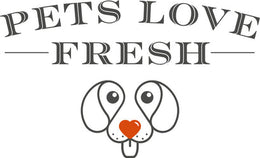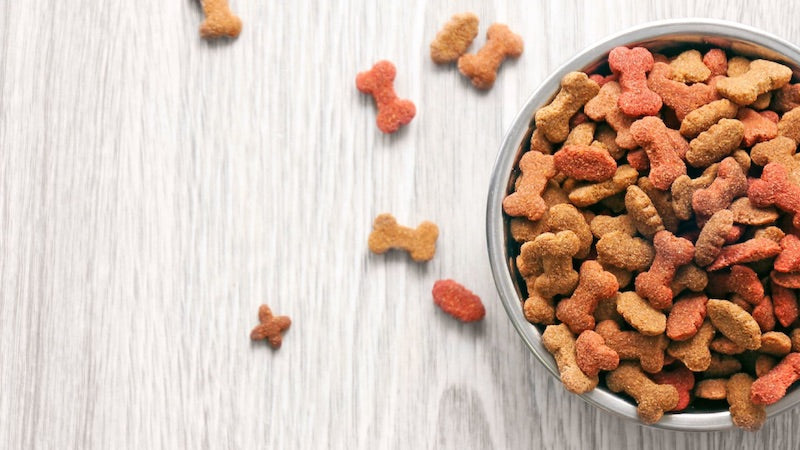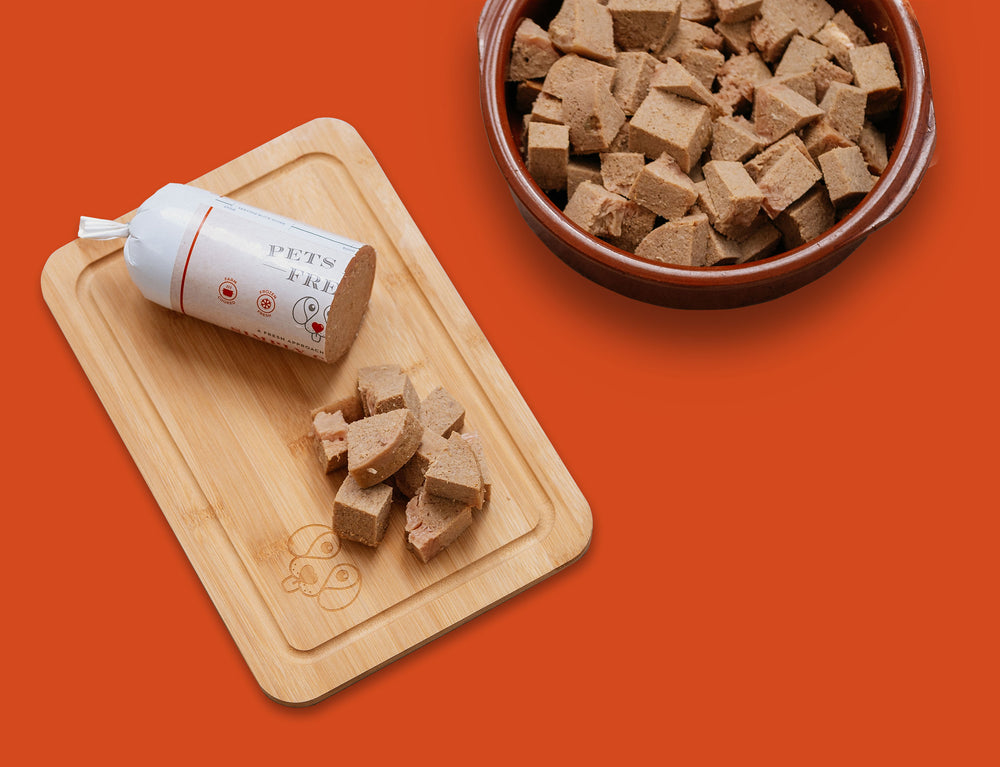The Big Three
Almost 90% of the pet food sales in the UK are from three parent companies. These are Mars, Nestle and Colgate-Palmolive. They are responsible for dog food brands such as Pedigree (Mars), Royal Canin (Mars), Bakers (Nestle) and Hills Prescription Diets (Colgate-Palmolive) who’s large sacks of kibble are piled in supermarkets and veterinary practices.
For the last six decades kibble has dominated the dog food industry with its industrious production method and convenience as a food item for dog owners. Increased scrutiny of kibble as a healthy food option for dogs has led to alternative food types being developed and now dog owners are faced with a myriad of options to choose from when it comes to feeding their dogs.



These companies, while also selling wet food and various other pet accessories like chews, rely heavily on the dry dog food they sell buy the thousands of tons each year. For the last 60 or so years they have dominated the dog food market with it.

Kibble has been a hugely successful product for large dog food brands, being cheap to produce using the extrusion process, it uses low quality ingredients which pass a minimum requirement of allowing our dogs to survive. Typically, the nutrition requirements do not take into account anything more, and the poor-quality nutrients can lead to allergy flares, obesity, dental issues and many other medical issues in our dogs.
The big 3’s dominance of the market, despite not putting our dogs’ health first, has largely been down to their ability to carry out large marketing campaigns through TV advertising and in influencing the different facets of the pet industry. What is more, many vets and pet shops recommend these brands due to information they receive from the big 3 from their ‘nutritional’ research.

The fact that companies like Mars now operate one of the largest veterinary services in the world, operating in the US, UK, Japan and Brazil, allows them to influence what their vets tell their clients.
Cracks beginning to appear
The cracks are beginning to appear in the foundations of the super dominant brands. After the numerous and highly publicised pet food recalls in 2007, and the current recall of the Hill’s Science Diet and Prescription Diet Canned Dog Foods. Combined with increased scrutiny over what actually goes into the dry and wet food products industrially churned out by commercial brands, alternatives are being sought.
The Contenders
Due to increased awareness of the extrusion process, and the effects low quality ingredients used by most commercial dog food brands have on our dogs, alternatives to kibble and commercial wet food are arriving. Popular alternatives include air dried foods and cold pressed foods, both of which claim to retain more of nutrients than kibble does. This is largely down to the fact that neither uses the same high temperatures that are known to degrade vitamins and damage proteins in dry food. Yet they still use poor quality ingredients which never the less are damaged during their respective processes.
Raw food diets also offer a nice alternative to kibble. Harking back to the days when dogs were wolves, they are beneficial in their provision of high-quality ingredients from largely meat-based diets. They also do away with excessive carbohydrates in the form of grains, which are so often associated with allergies and obesity in dogs.


